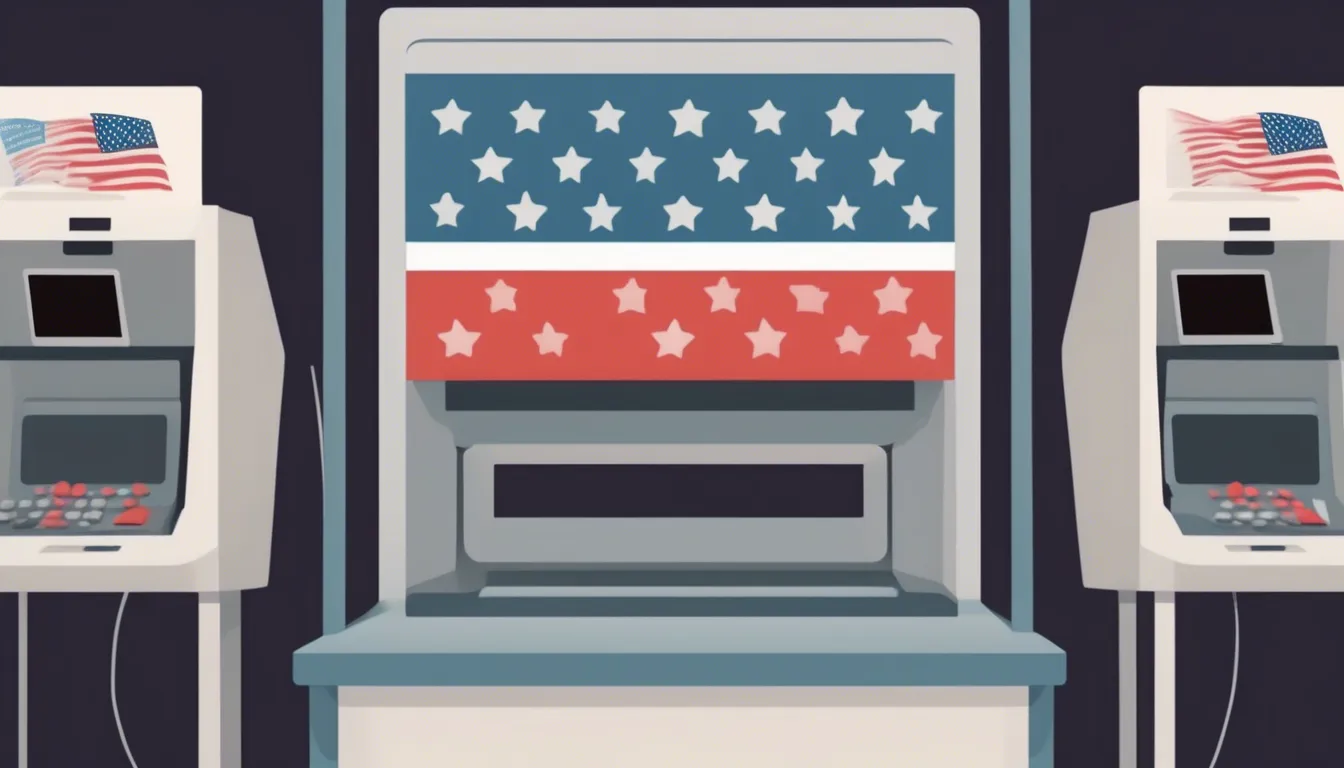The future of voting is becoming increasingly intertwined with technology, with the use of electronic voting machines playing a significant role in modern elections. These machines have the potential to streamline the voting process, reduce human errors, and provide more accessibility for voters. With advancements in technology, voting machines can now offer features such as touchscreens, electronic ballots, and even paper trails for auditing purposes.
The use of technology in voting machines has also raised concerns about security and the potential for tampering or hacking. To address these threats, experts are working on developing secure and transparent voting systems that use encryption, blockchain technology, and biometric verification to ensure the integrity of the voting process. Additionally, increased funding and resources are being allocated to increase cybersecurity measures and protect against potential cyber attacks.
Overall, the role of technology in voting machines is evolving rapidly, with the potential to revolutionize the way elections are conducted. While there are challenges and concerns to be addressed, the promise of more efficient, secure, and accessible voting systems is driving continued innovation in this field. As we look towards the future of voting, it is clear that technology will play a crucial role in shaping the democratic process and ensuring the accuracy and integrity of elections.

